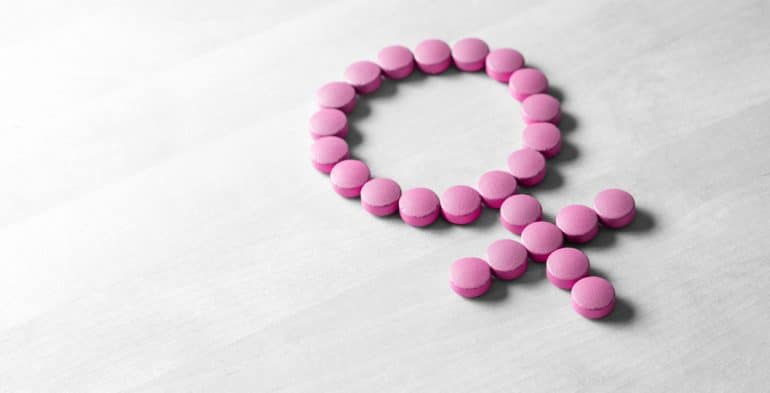
Most pregnancy symptoms are easy to spot, such as your growing breasts and tummy. However there is a lot going on inside your body too. Many of these changes are due to hormones, powerful chemicals that affect your mind, your body and your pregnancy.
Here is Baby-Arabia’s guide to hormones….
Human Chorionic Gonadotropin (hCG):
This is the hormone doctors check in your urine or blood to determine conclusively whether or not you’re pregnant. This hormone stimulates the corpus luteum to produce estrogen and progesterone in the first 10 weeks after conception.
Progesterone:
This hormone provides support for the developing fetus. Luckily for mothers it also creates a tranquilizing effect to protect against stress. This is one of the reasons pregnant women can handle so much thinking and anxiety. In this way, it also promotes sleep. It’s not all good news though, progesterone has also been linked to acne breakouts.
Estrogen:
Increased estrogen is linked to changes in your mood and sex drive. It also stimulates the growth of your uterus and improves blood flow between the uterus and placenta by enhancing the effect of nitric oxide, a gas that widens blood vessels. Not only does more estrogen mean better blood flow, it also prepares your breasts for milk production by enlarging the milk ducts
Relaxin:
Relaxin is aptly named as it relaxes. Most importantly it helps to relax the intrauterine ligaments. This is very necessary when trying to fit a baby in your tummy. This hormone also loosens your body to ease the baby’s passage through the birth canal. The arteries are also affected so they can handle pregnancy’s increased blood flow without your blood pressure becoming dangerous. It can have some annoying effects though and has been linked to joint problems and heartburn.
Oxytocin:
Oxytocin is the feel-good hormone that helps us form relationships and feel love and affection for others. In the weeks immediately before birth, many women experience pleasant feelings and strong nesting behavior. This may be linked to oxytocin as well as to other hormones. During delivery a huge bursts of oxytocin runs through the brain sometimes leading to euphoria. After delivery, when a woman holds her newborn, she develops strong feelings of attachment and love a chemical reaction that happens when a baby’s pheromones stimulate the production of additional oxytocin. All going to help create the mother – baby bond.







